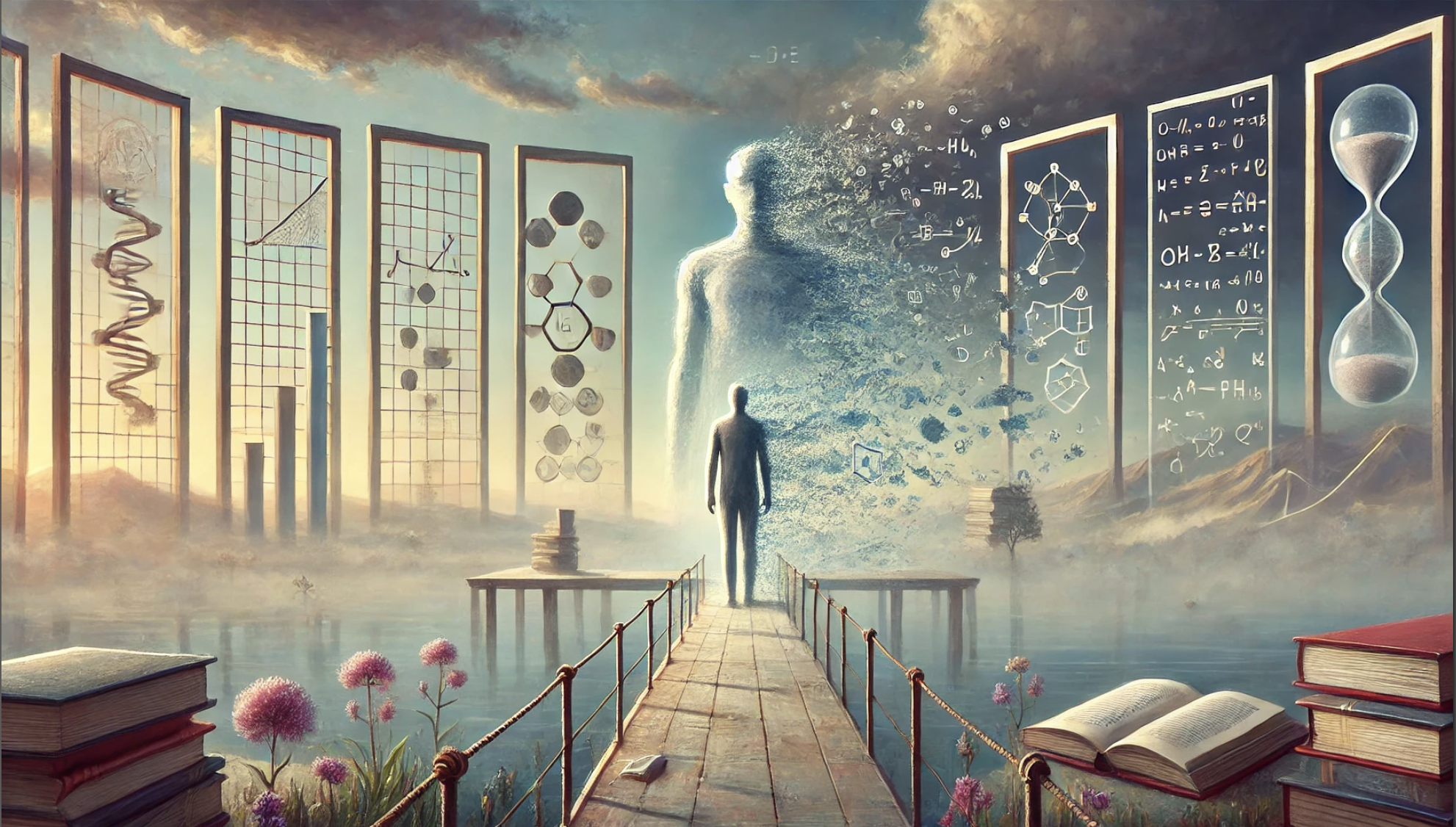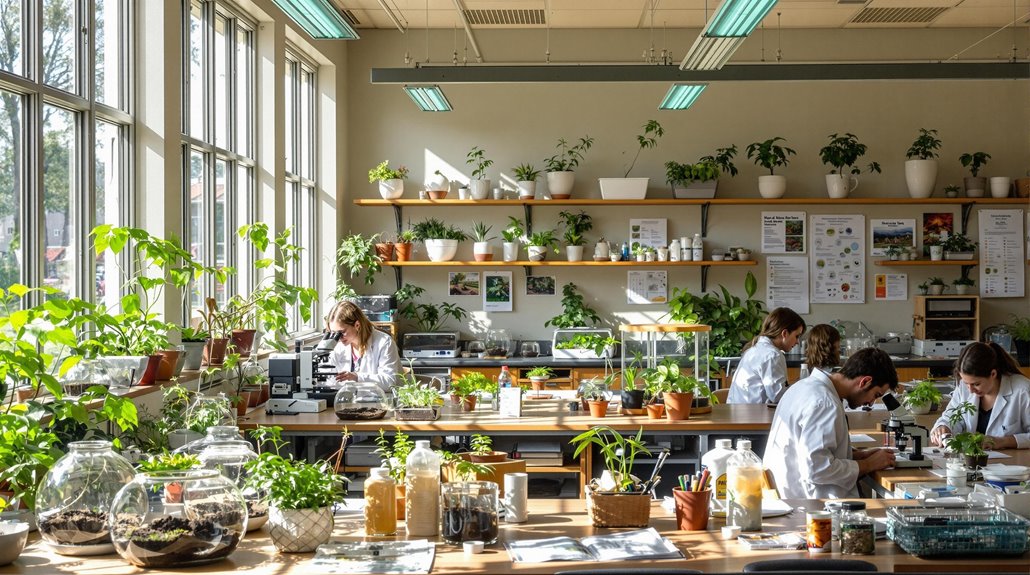Diamond Open Access (DOA), also Publikationen ohne Gebühren für Leser*innen und Autor*innen (siehe Definition des DIAMAS-Konsortiums), sind entscheidend für den nachhaltigen und fairen Zugang zu wissenschaftlicher Forschung.
Rogue Scholar Beiträge

The global scientific community is moving toward a more inclusive and open approach.In Europe, Plan S has transformed European research by mandating immediate open access to publicly funded studies, fostering greater equity and visibility for scientific work. Open Research Europe is expanding, providing a Europe-wide venue for freely accessible research.
Virtual Reality (VR) und Augmented Reality (AR) bieten immersive Erlebnisse, die Nutzer tief in digitale Welten eintauchen lassen oder virtuelle Elemente in die reale Umgebung einfügen. Die Technologien eröffnen neue Möglichkeiten in der Unterhaltungsindustrie, im Bildungsbereich und in der Medizin – gleichzeitig sind auch urheberrechtliche Punkte zu beachten.
We've uploaded a revised preprint on our ongoing work on quantifying the biodiversity cost of global food consumption, lead by Thomas Ball. This is based on the recently published LIFE metric, combined with supply chain data and provenance modeling.
I’ll be sending this letter to the Royal Society, but I also want it out there in public, because I hope that more people will follow the lead set by Dorothy Bishop and Stephen Curry in putting pressure on the Royal Society to grow a backbone.
This is a link post for my blog about Professor Alan Robock’s 10 Feb 2025 talk at Victoria University of Wellington. Professor Robock of Rutgers University has studied the climate effects of nuclear war for 40 years. I wrote the blog for Islands for the Future of Humanity and the post includes an animation of nuclear winter, and link to Prof Robock’s 2022 TED talk.
Update (17:00 03 Mar): all members of the UK or international scientific community were invited to indicate their support by signing the letter. The opportunity to do so closed at 17:00 UK time on 03 March. The final tally of signatories was 3494 (please see bottom of post for the full list). Earlier today, I sent the letter below to Professor Adrian Smith, President of the Royal Society.

Something I never even questioned when starting my PhD has now become a daily struggle in my mind. When I first contributed to a scientific article in 2012, I remember that picking the name I will use as an author was a substantial decision (“Do I add my middle name?...”). After all, I did not want to be confused with another scientist later on during my career (yes, I am now aware of ORCID). Sounds like an unimportant decision.

Since 2018, and as part of the global movement towards open science and knowledge as a public good, the Arab Council for the Social Sciences (ACSS) has been working to promote norms and practices of social science research data management (RDM) and sharing among social scientists, information specialists, and research institutions in the Arab region.

Hunting for top ecology programs? Discover which U.S. universities offer the best hands-on research opportunities and career-launching environmental degrees.

Ten years ago, the idea of editing human genomes to prevent disease or enhance traits might have seemed like the stuff of science fiction. Today, not only is it possible—it’s a rapidly advancing field. A recent paper in Nature , “Heritable Polygenic Editing: The Next Frontier in Genomic Medicine,” explores this possibility in detail.